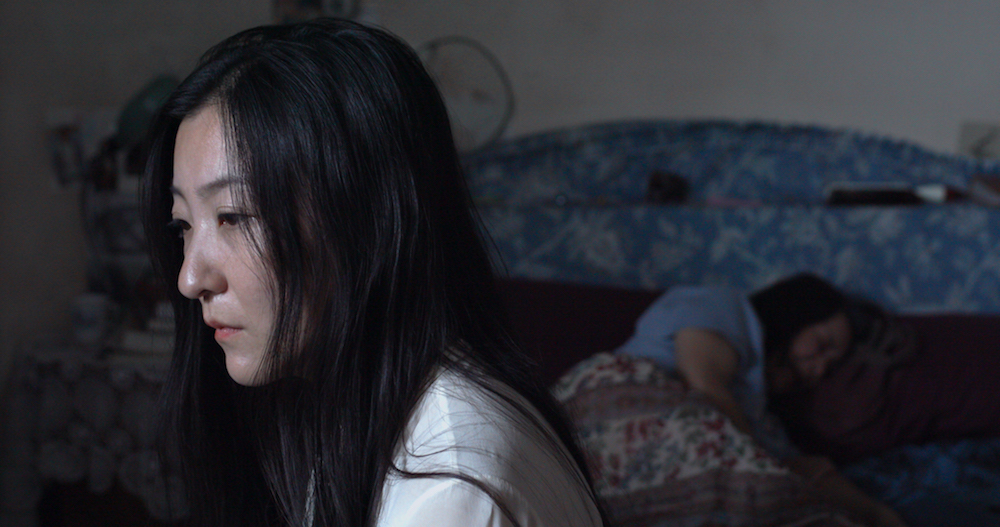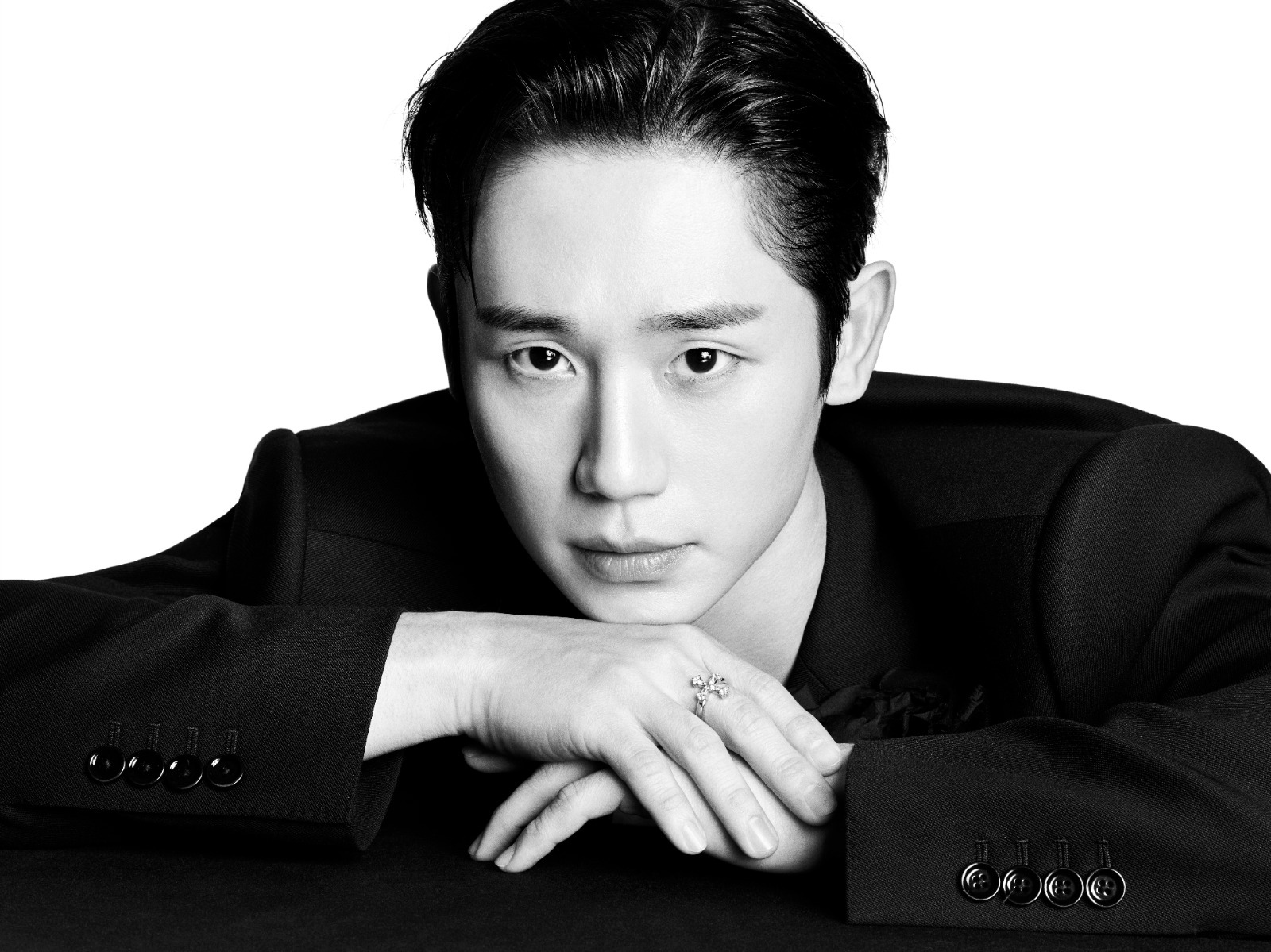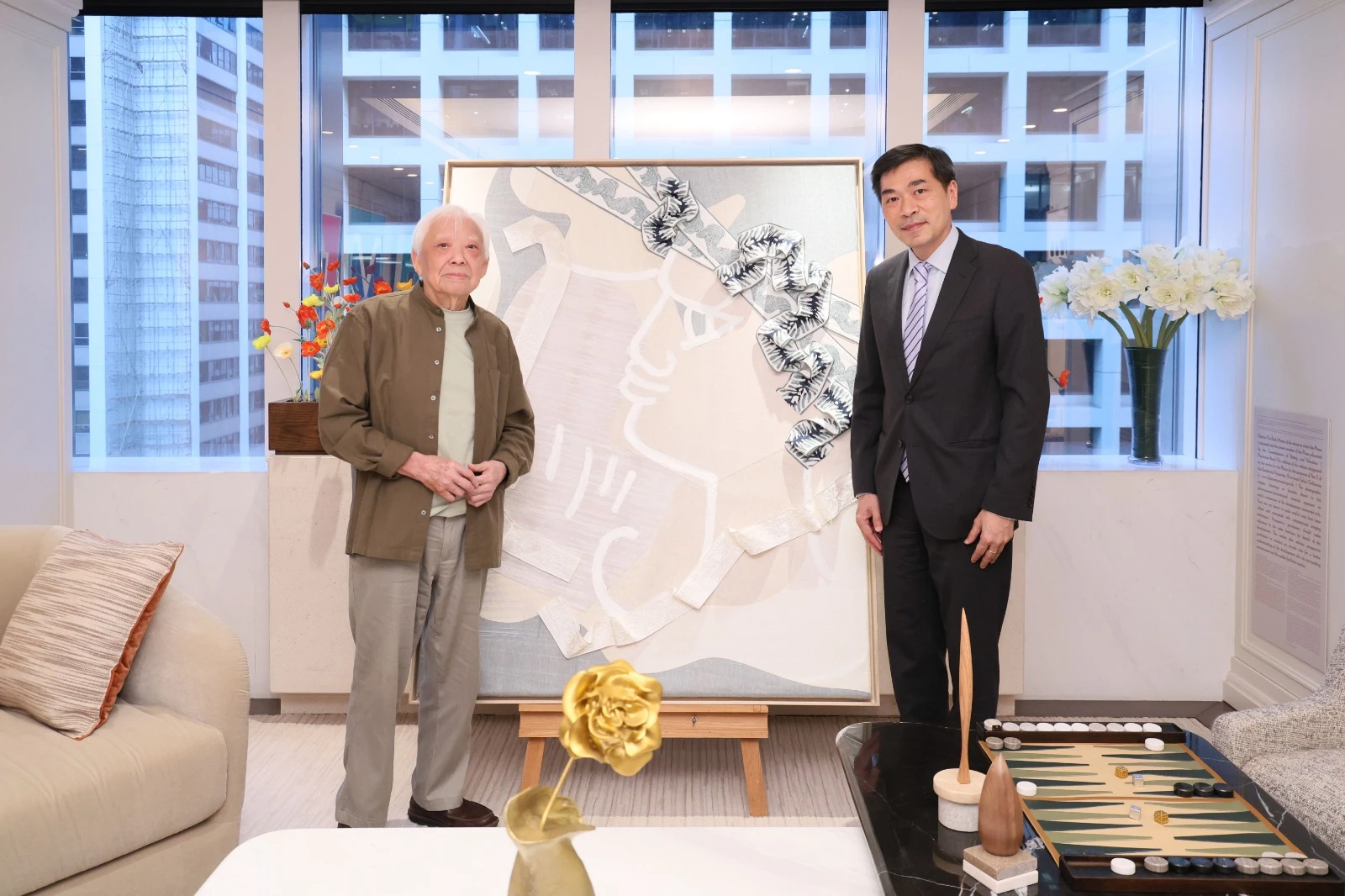The Chinese director-writer-actress to watch: Yang Mingming
Jun 01, 2018

“If a family of two can’t get along, what happiness is there in the world?” actress Nai An wails as she plays an unnamed single mother in Girls Always Happy. In one of the most pivotal scenes of the Chinese dramedy, in a dark, cold room, the woman expresses her frustration at her complicated and fragile relationship with her daughter, Wu.
For a second, if you ignore the language and focus on the words, the dialogue might remind you of the recurrent conversations in Greta Gerwig’s masterful Lady Bird. During Oscar season earlier this year, the quirky coming-of-age comedy was on everybody’s lips, celebrated for its sophisticated approach to a complicated yet relatable mother-daughter relationship. Replace a lower-middle-class suburb in Sacramento with a hutong in contemporary Beijing, and Girls Always Happy has a lot in common with the American production. More than anything, though, the two movies touch upon generational divides and challenging family dynamics with great humour and finesse.
But while Gerwig’s directorial debut is partly autobiographical, Girls Always Happy “is the result of my wild imagination about family life and gentleness,” explains director, writer, editor and actress Yang Mingming. Her feature-length debut has garnered a great deal of international attention after premiering in Panorama at the 68th Berlinale and has since screened at many other festivals around the world. To Yang’s surprise, at the annual Hong Kong International Film Festival, it was widely praised by the jurors and won two of the most prestigious prizes: the Firebird and the Fipresci awards.

“In Berlin, the screenings of Girls Always Happy were full of laughter, which made me doubt whether I had made a comedy,” Yang explains about the movie’s intent. The screenplay is indeed darkly funny, thanks to playful banter, but her movie is also brutally honest and realistic, especially in confronting a semi-precarious contemporary city life and a dysfunctional relationship that’s driven by co-dependence and anger.
“I have two methods to write – namely, starting from a specific space, or from one sentence that can best describe the concept of the whole story,” she says. “The place where the story happens is essential for me.” In the case of her latest work, this space, one of Beijing’s fast-disappearing hutongs, plays a crucial role in every aspect of the movie, both visually and in terms of the narrative.
When Wu aggressively rides her scooter through the narrow alleys of the traditional residential area, her thoughts take the shape of the surroundings. “Life in a hutong is hard, but interesting, and I think it is worthy of being seen,” says Yang. Crucially, she didn’t just play the young woman’s role, but also grew up in the same area with her own mother years ago, when China was on the verge of its most dramatic transition.
After graduating from the prestigious National Academy of Chinese Theatre Arts in Beijing, Yang thought that dance, which she had been studying from a very young age, would become her full-time career. “When I was little, becoming a film director was not my dream,” she recalls. “It’s cinema that chose me, if I may say, as I regard writing as the basis of every art and as the ability to express oneself with language. That’s why I currently only act in my own films.”

There are many powerful movies about women. Now, more than ever, many of them are also being written, produced and directed by women. As a young female director in China, Yang considers herself lucky; so far, she has been able to tell the stories that are important to her in the way that she wants. While Girls Always Happy touches upon the two women’s tumultuous romantic encounters and dysfunctional relationships with men, it ultimately sheds light on a co- dependent mother-daughter connection that goes beyond ferocious daily arguments.
“These two women look down upon each other, but actually they gradually become one another as they comfort and curse each other,” explains Yang. “The similarity of their personalities forms a tragic awareness that is related to the most important bond of all, but also to China’s main social divide, which I think is generational.”
Girls Always Happy and its triumph on the international stage is also symbolic of a shift in what viewers increasingly care about, both inside and outside of China. While many of the country’s institutions are investing billions in blockbuster Hollywood-esque movies in an attempt to expand Chinese cultural influence beyond East Asia, its youth and international audiences are proving that China’s best shot at becoming internationally relevant in the film industry is in its growing number of independent and indie productions. Yang, like many of her contemporaries, is helping lead this change.
This feature originally appeared in the June 2018 print issue of #legend































